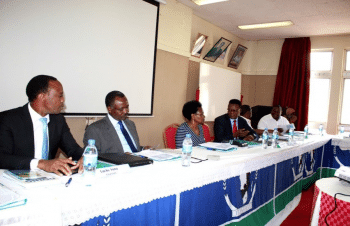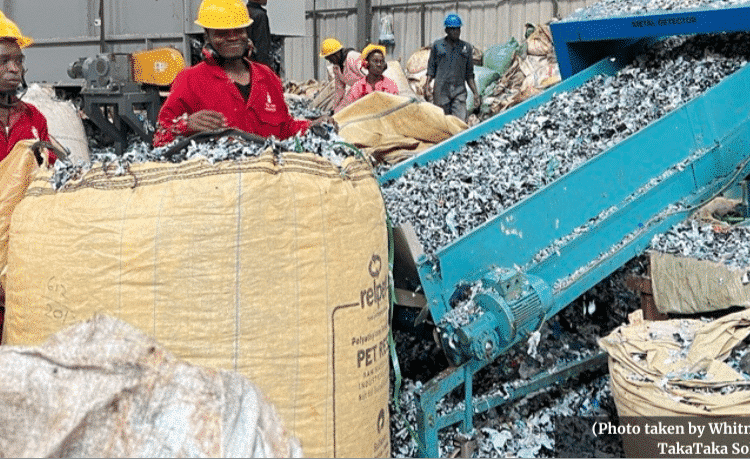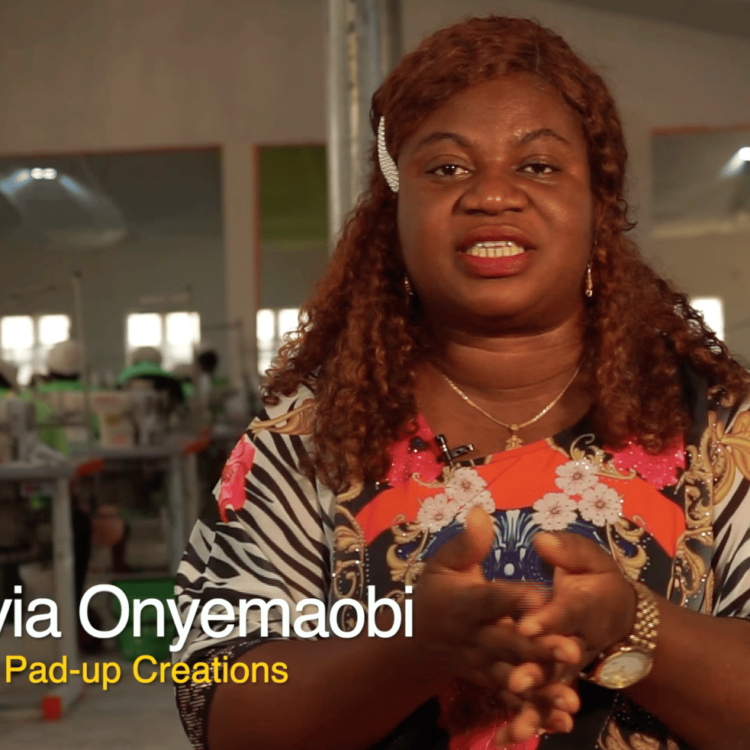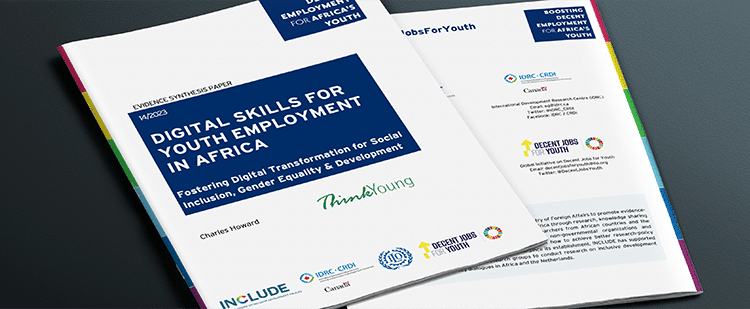
The research consortium on inclusive business strategies, led by Prof. Rob van Tulder of the RSM, held a kick off workshop on 20 and 21 March 2015 in Arusha, Tanzania. Twenty-eight participants from different organisations attended as follows. ESAMI was as well represented with one representative from each of its branches in Ethiopia, Kenya, Tanzania, Uganda, Rwanda and Mozambique.
The kick-off meeting aimed to familiarise all partners with the project – its planning, the expected input and its goals – and to meet all consortium partners. This event also aimed to gain input via the questionnaire and several discussions. The executive training was a first training for the partners to learn about the strategic importance of inclusiveness in business models and the zero measurement gave the partners insight of their position on the inclusiveness scale.




